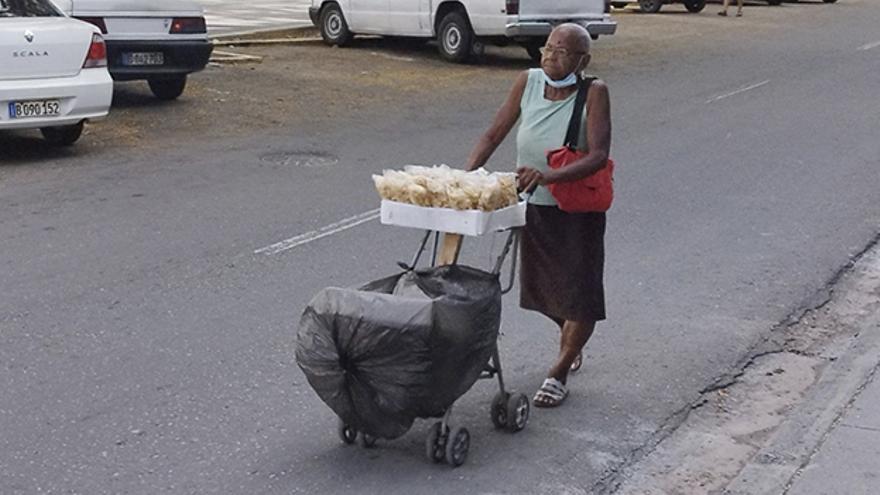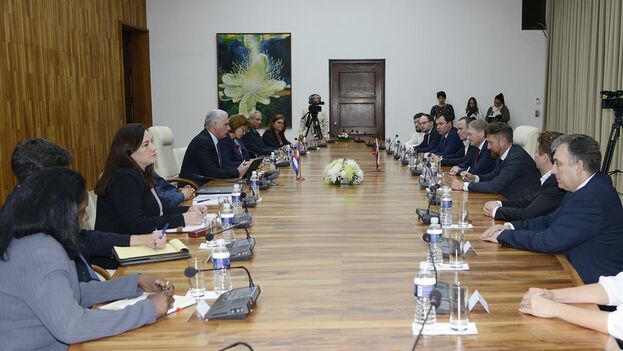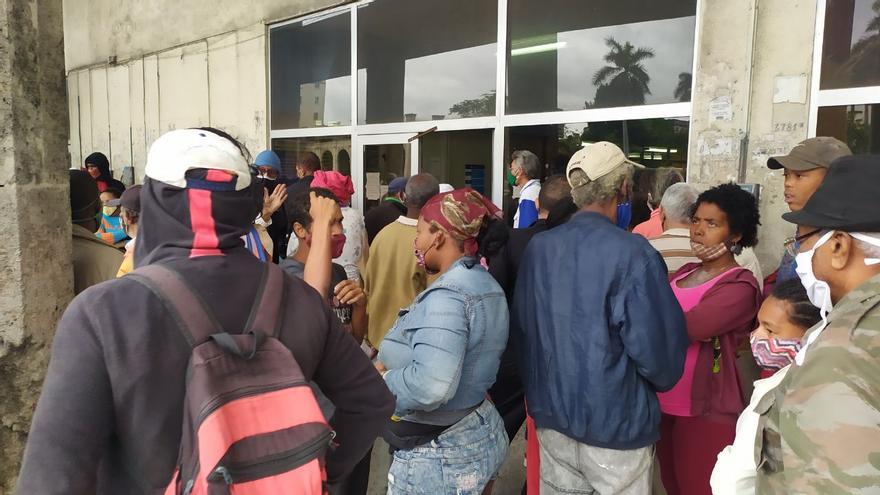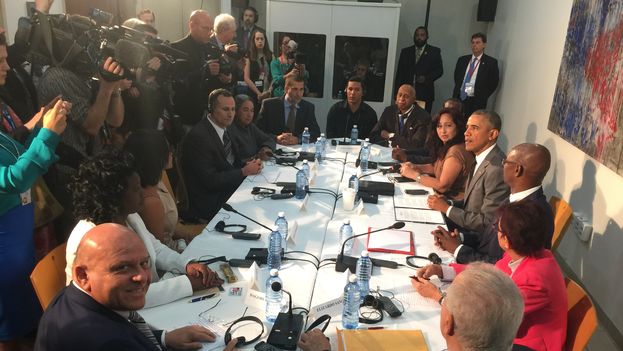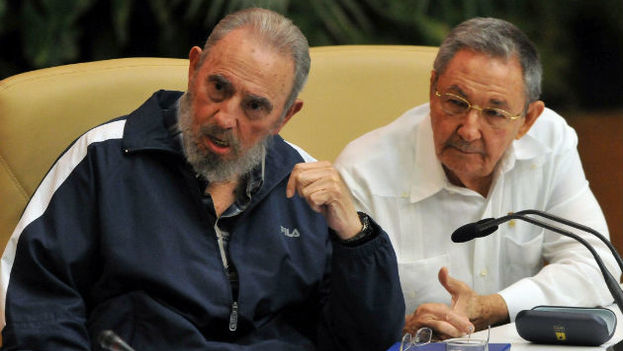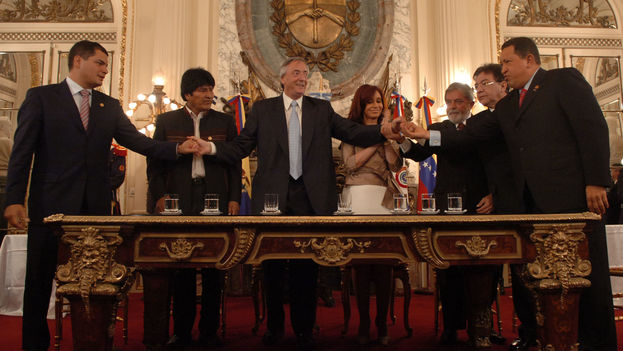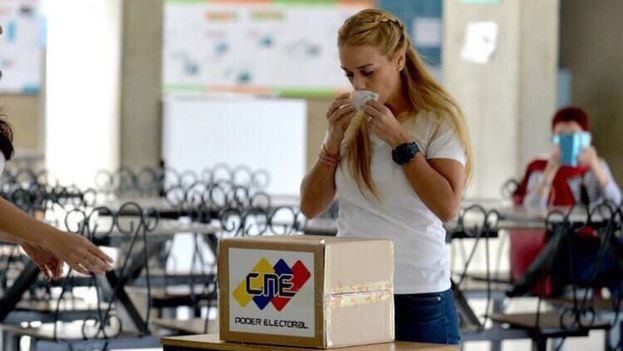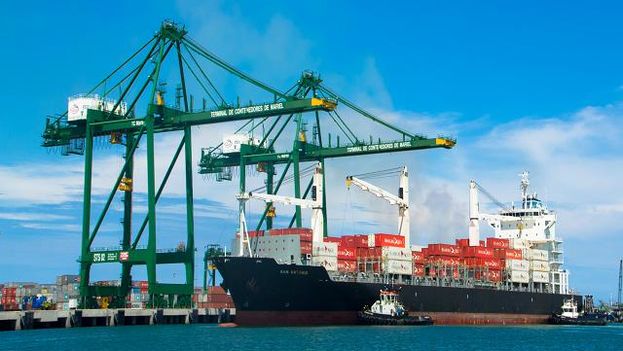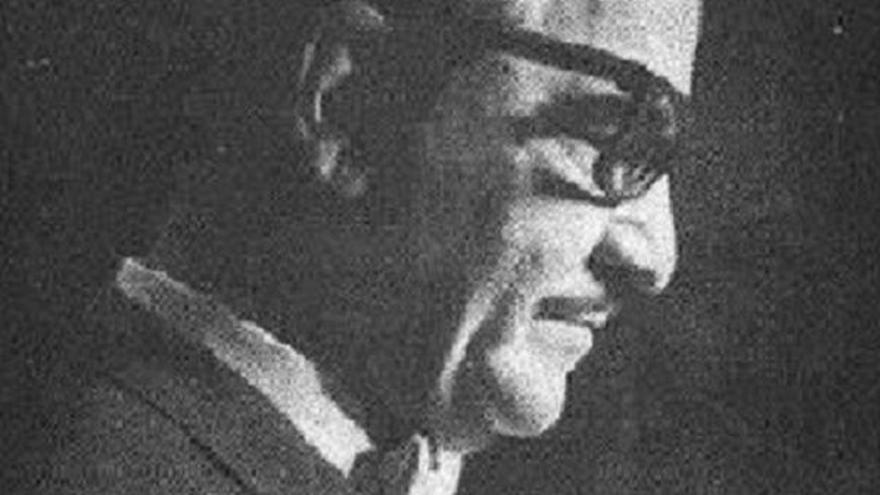
![]() 14ymedio, Jorge Hernández Fonseca, Miami, 26 June 2023 – It is estimated that there are more than three million Cubans (and descendants of Cubans) in exile. One of them was, in his day, José Ángel Buesa. Very early in the Cuban communist revolution, a romantic poet disaffected with the emerging dictatorship was one intellectual too many for a regime which required unconditional support, and a man with Buesa’s integrity could not, in any way, give that. His romanticism collided head on with the firing squads and the Acts of Repudiation of this violent era and he had to exile himself.
14ymedio, Jorge Hernández Fonseca, Miami, 26 June 2023 – It is estimated that there are more than three million Cubans (and descendants of Cubans) in exile. One of them was, in his day, José Ángel Buesa. Very early in the Cuban communist revolution, a romantic poet disaffected with the emerging dictatorship was one intellectual too many for a regime which required unconditional support, and a man with Buesa’s integrity could not, in any way, give that. His romanticism collided head on with the firing squads and the Acts of Repudiation of this violent era and he had to exile himself.
The poet passed through the motherland, Spain, and then tried to establish himself in the Canary Islands, from where destiny took him back to a place nearer to home – El Salvador. From there, even closer again, he settled in Santo Domingo in the Dominican Republic where he became a university professor and published numerous poems which today fill Cubans with pride, both on and outside the island. Reading Buesa’s work was forbidden in Cuba for generations. His romanticism was deemed “not good for a people that had to hate the enemy”.
Nevertheless, we have heard from the island recently that there is now a growing affection for the poet. The need for dollars, that the dictatorship suffered from as a consequence of their uselessness and inefficiency, has brought about the publication of Buesa’s poems in high quality print, for sale in Freely Convertible Currency (MLC) – that is, to tourists; but, as the prohibition has been lifted, hearing them even on official radio Cubans are going crazy for his poems – Cubans that didn’t even know that they had a poet of such calibre, born in Cruces but forced into exile as a persona non grata.
We Cuban exiles are no strangers to the critical polemic aimed at the romantic poets. Whatever the personal circumstances of each person, that controversy doesn’t imply censorship of any poetic tendencies, because there is room for everyone, as demonstrated on the island, which censured Buesa over many decades, wanting to tip the scales against him and favouring materialism in literature, and now this Buesomania explodes in their hands simply because of the tenderness of his poems and their depth in singing about love.
José Ángel Buesa deserves a seat of honour at the table of contemporary intellectuals but the Cuban dictatorship isn’t going to grant it because his poetry is the very negation of the philosophical and social policy that they have implanted in a totalitarian manner. Because of this, it is the duty of all good Cubans in exile, in whatever profession, to pay the homage deserved to Buesa, so that he may finally rest in peace in his grave in Miami.
Translated by Ricardo Recluso.
____________
COLLABORATE WITH OUR WORK: The 14ymedio team is committed to practicing serious journalism that reflects Cuba’s reality in all its depth. Thank you for joining us on this long journey. We invite you to continue supporting us by becoming a member of 14ymedio now. Together we can continue transforming journalism in Cuba.

